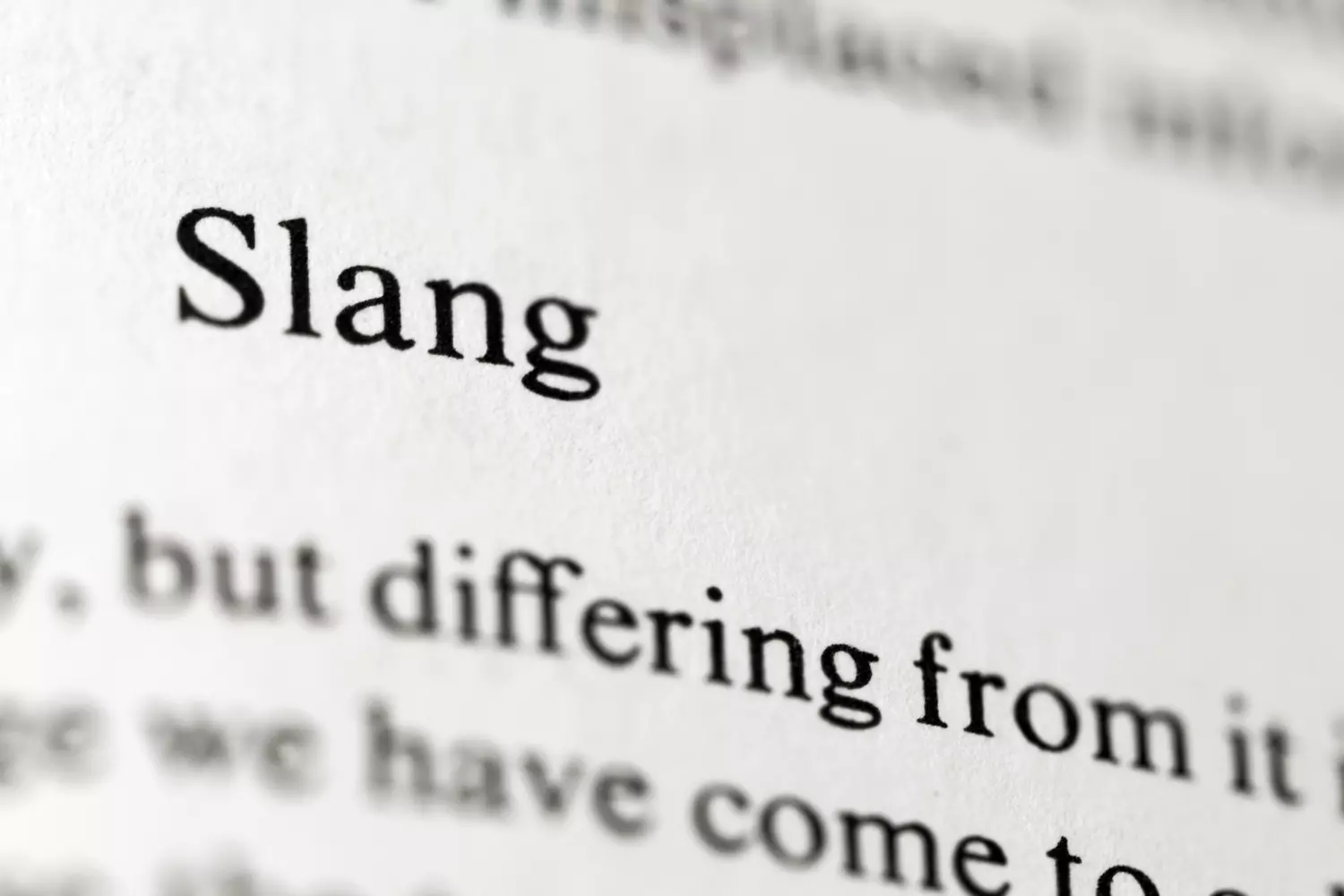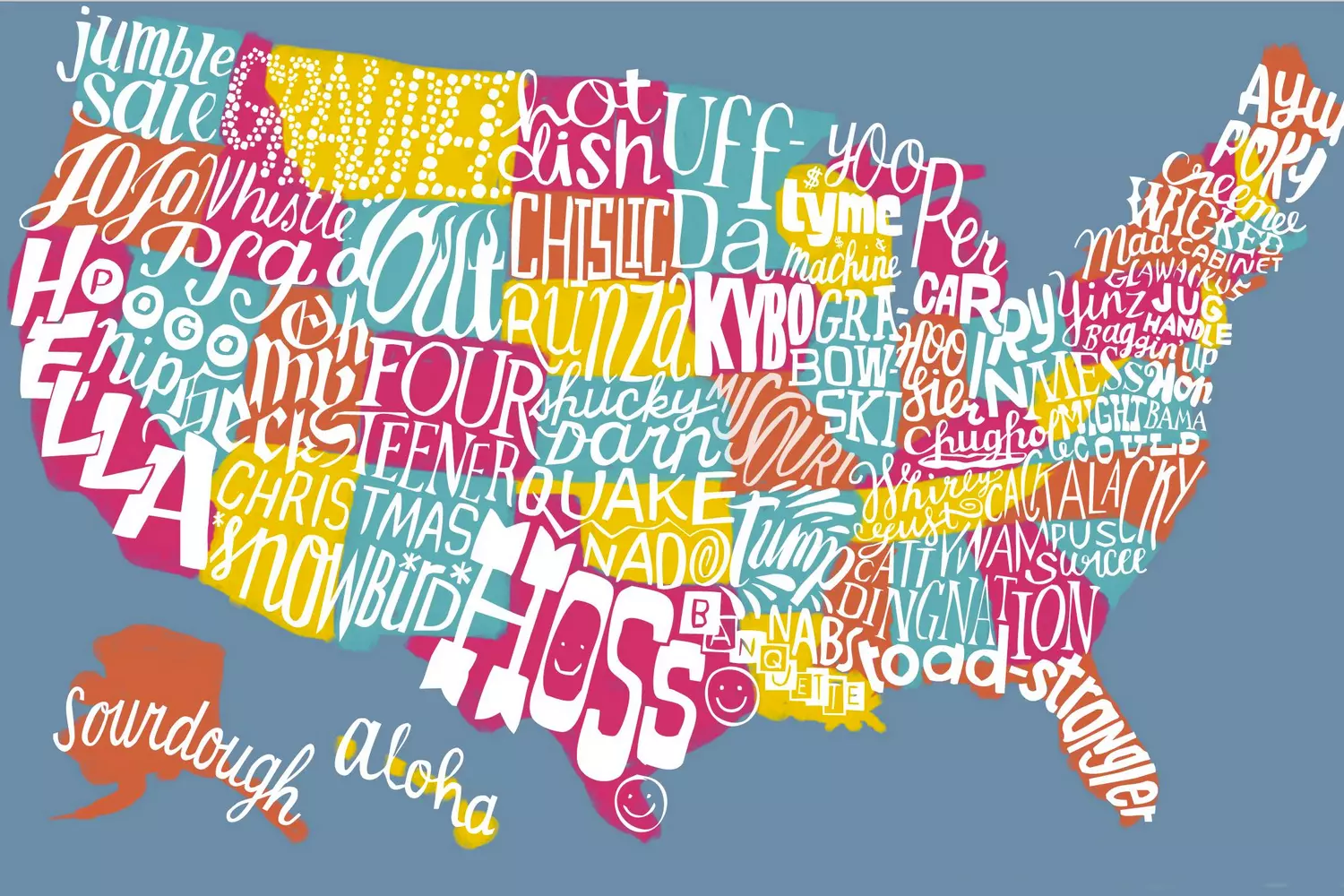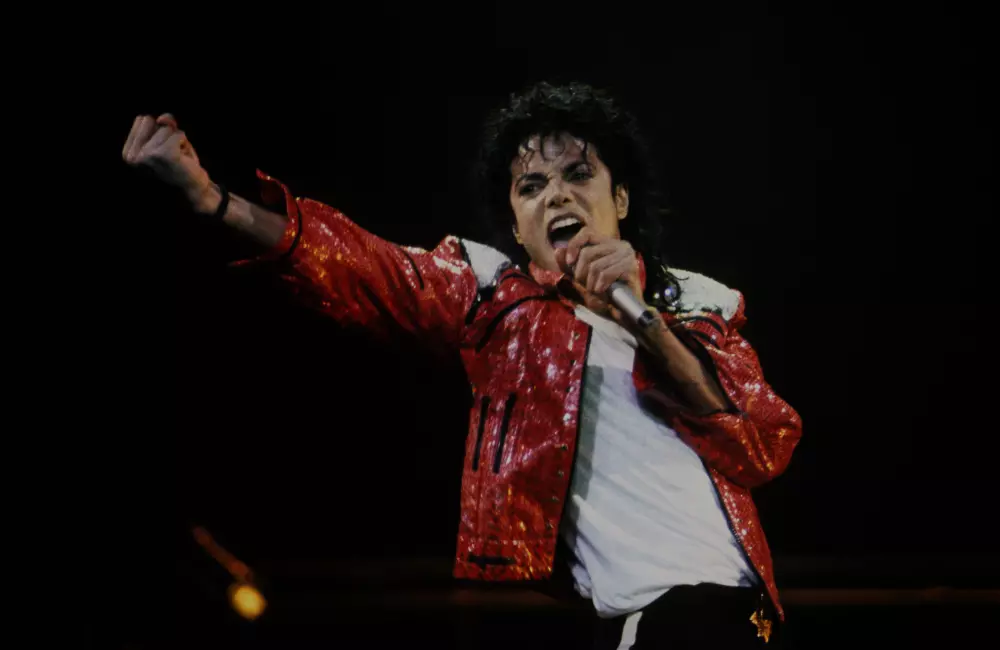Do you think American slang is just about words like bitch and fuck with no creativity? Think again! A simple example is the word tramp, which sparked many jokes in the context of the Russian flag after Trump was elected president (his last name is spelled Trump, but who cares about that?). Tramp refers to a person who prefers having sex with anyone, anywhere, anyhow, just to achieve their... goals. Catch the connection, right?
American English is full of words and expressions that help not only to express anger but also to make your speech more humorous and witty.
Read the article, and we'll teach you how to navigate the most popular slang expressions, understand the context of their use, and the logic behind American slang. After this article, you'll even be able to form these phrases on your own. We will cover the most essential American words and phrases to quickly, clearly, and expressively convey your thoughts without losing emotional impact.

When things go terribly wrong
There is no language in the world without strong expressions. And rightly so — otherwise, it wouldn’t be a language, but some kind of holy crap! Many believe that curse words in American English are bland and dry, and that there’s no real profanity in English. Of course, compared to Russian, it’s somewhat less colorful, but there are still plenty of interesting nuances. For your convenience, we’ve divided the dictionary by situations.
Life, of course, is interesting, but sometimes it's tough. And when it gets so tough that it’s just unbearable, psychologists recommend letting off steam with words, not switching to “Hulk smash!”. To let the English-speaking people around you know that now is probably not the best time to bother you with trivialities, you can use the following expressions.
Shit!
Equivalent to “Damn!” or “Crap!” and other predictable exclamations.
It’s not terribly rude, but it’s not exactly polite either.
Crap
“Crap”, “nonsense”.
Something insignificant that’s either really annoying or surprisingly delightful. Yes, in English, a bad word can be used in a positive context. The word actually came from the name of John Crapper, the inventor of the flush toilet, a clever man from London.
Sucks
It seems like a harmless “sucks”, but it’s not quite that simple.
The word comes from the verb suck (“to suck, to draw out”), and its connotation isn’t exactly positive, so it’s best to use it carefully, and be sure to pronounce the final S clearly. It’s better used in a circle of close friends who won’t get offended and will understand it properly.
Bullshit
Bull means “bull”, and you’re already familiar with the second part.
There are many meanings, from “some nonsense” to “some jerk”. The usage rules are the same as with the word above — better not risk it in a professional setting or at a formal gathering.
Get off my ass
“Get off my ass”, “leave me alone”, “buzz off”.
After this, no one will doubt that now is definitely the wrong time to bug you.
Getting an education in the USA: consultations and tours with American Butler
The Holy Strengthening of Speech
Adding "Holy" in front of these words gives +500 points for expressiveness and strength of the expression! Americans have a warm relationship with religion, so the word "holy" (meaning "sacred") used in this context makes the speaker a level 80 rebel.
A simple example of this in action is the expression holy fool. The noun fool by itself means "a fool" or "a simpleton", and this word is not always perceived as offensive. But when combined with holy, we get something much stronger: "holy fool" — a mad person, someone who everyone should stay away from, and to whom you can only show pity.

When Someone Is Not a Good Person
There are so many insults on this topic that it is impossible to list them all, even with great desire. The main thing is to understand the most popular ones and clearly distinguish the situations in which they are used.
Asshole
"Asshole", "jerk", "dickhead"
It is immediately clear that no one would refer to someone in a pleasant way with this word. Nevertheless, this word has many meanings: "idiot", "cheapskate", "swindler", "liar", and, of course, someone with non-traditional orientation. This word is commonly heard in movies when characters discuss someone. However, in real life, it can cause quite a bit of trouble, especially if you use it to describe a gay person.
Jerk
"Fool", "clumsy person", "loser"
The closest equivalent would be the word "freak". Not overly offensive, but it clearly describes a person's nature.
Bitch
"Bitch", "female dog", "whore"
This word is more popular than any other, no need to go into details about its meanings. But it’s worth noting an interesting fact that many don’t know. The word bitch originated from the old verb bitching, which meant "to nag, complain, whine, cause trouble". This term became popular for women with low social status during times when venereal diseases were spreading as epidemics.
Rip-off artist
"Con artist", "swindler"
A person who is skilled at deceiving, stealing, flattering, and manipulating others for personal gain and someone else’s loss. This phrase lies between literary language and slang, so it's fine to use it freely.
Dickhead, Airhead, butthead, meathead, blockhead and other -heads
"Dummy", "fool"
The choice is limited only by your imagination and figurative thinking. All of these words, while somewhat vulgar, are often used in everyday speech. No surprise — because everyone around us, except for ourselves, always seems to have something wrong with their heads.

The Rudest and Dirtiest
Faggot or just Fag
Word with deep offense
This is one of the most derogatory and offensive words in American slang, especially when used in the context of sexual orientation. The word "faggot" originally meant firewood, but over time it acquired a highly disparaging meaning, directed at gay men. It is mostly used to insult or humiliate someone based on their sexual orientation.
- Example:
“Stop acting like a faggot!” — Stop acting like a gay guy! - Important:
This word has an extremely negative connotation, and using it in any company can lead to serious consequences. It’s better to avoid it to avoid getting into an unpleasant situation.
Cunt
From the most offensive words
As in British English, in American English, "cunt" is one of the harshest and most unpleasant words. It refers to female genitalia, but is used as an insult towards women (and sometimes men). This word is considered extremely unacceptable and disrespectful, and its use can provoke strong aggression and dissatisfaction from others.
- Example:
“He’s a fucking cunt!” — He’s just an asshole! - Important:
This word literally breaks social norms, and it should not be used in normal conversations. It is usually found in aggressive environments, and if you say it out loud, you can seriously damage your reputation.

When everything is very good, but I want to screw the slang word
When everything is going well, but you still want to throw in a slang word
There are also slang expressions that can give your speech a special charm.
- To scratch someone’s back
Literally “scratch someone’s back”. This phrase means “to do a favor, to encourage”, and it is often used for flirtation — like, "look how my boss scratched my back with some bucks for the report, I’m so cool." - Happy as a clam
It can be translated closest to “drunk as a skunk”, though literally it means “happy as a clam”. Why a clam? It’s just an established expression. But you’ll often see the word “clam” on signs of bars, such as in the name of the bar in the animated series “Family Guy” (though that show is a treasure trove of slang on the edge of good and evil). - Catch him with his pants down
“Catch him with his pants down” or catch someone in the act, expose them for doing something bad and triumphantly prove it. This expression is also often used in offices in competitive roles.

Top-5 slang phrases for tourists
When traveling in the USA, especially when visiting major cities like New York, Los Angeles, or Miami, it’s important to understand how the locals communicate. Knowing some slang phrases will help you feel more confident and avoid misunderstandings.
- What's up?
“How’s it going?” or “What’s new?” This is one of the most common greetings. Locals use it frequently in informal settings. - Take a rain check
“Postpone” or “Put it off for another time”. This is often used when you need to decline an offer but with the hope that it can be done later. - Hit the road
“Hit the road” or “Set off on the journey”. This is often used when talking about starting a trip or a journey. - Piece of cake
“Easy as pie”. This expression is used to say that something will be easy to do. - Break a leg
“Good luck!” This phrase may sound strange, but in the US, it’s used to wish someone good luck, especially before an important event, like a performance.
Now, armed with these phrases, you’ll be able to communicate easily with the locals and feel right at home! Don’t forget, slang in the USA can differ greatly from what you might hear in other countries.
"Language is a mirror of society. American slang, more than anything else, reflects the unique style of communication and informal perception of reality."American Butler
American slang is as vast and powerful as Russian, but in text form, you can only tackle about 1/1000 of its magnificence. True immersion awaits you on the streets of the USA, and American Butler will help organize a truly exciting trip. And that’s totally hard data.
And if you encounter any difficulties understanding some slang expressions, feel free to ask us!

































